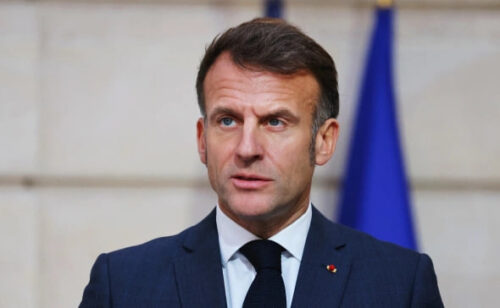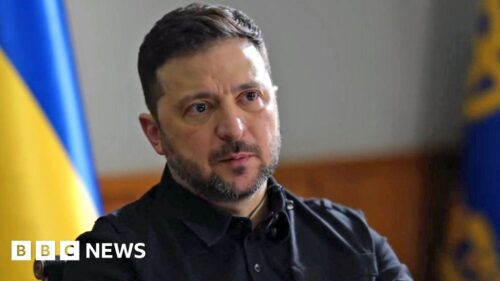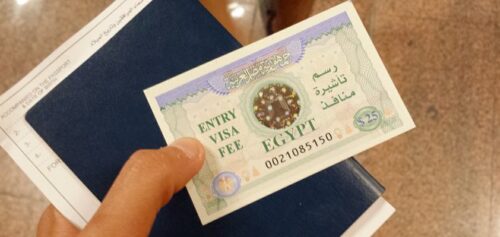
International press: While Armenia is looking for Western security advisers, the real bullets may fly again in the Caucasus
Intelligence Online wrote that security consultants will help Kyiv, Yerevan and Chisinau to join NATO and the EU. Ukraine, Armenia and Moldova are looking for external advisers to make their defense sectors more interoperable with NATO institutions and to accelerate work with the EU, creating ample opportunities for a number of external consulting organizations.
It is not clear how far Armenia is ready to go in loosening ties with Russia, the Center for European Policy Analysis (CEPA) wrote.
“Taking into account the current situation, it is obvious that Yerevan has created a basis for the final withdrawal from the CSTO. Armenia is not in a strong position; it lost two wars, and it lost Nagorno-Karabakh, while Azerbaijan continues to exert diplomatic and political pressure. Most of Armenia’s neighbors are unfriendly, besides there are sharp internal political disagreements. The country’s leadership is trying to reduce its dependence on Russia. Nevertheless, reducing or freezing its activities in the CSTO is not enough, and Armenia is trying to strengthen ties with the West,” reads the statement.
Eurasianet says that the cold conflict between France and Azerbaijan is becoming sharper amid Paris selling arms to Armenia. Recent events increase the prospect of a conflict resumption in the Caucasus. If until now the hostility between France and Azerbaijan was limited mainly to verbal “strikes”, now the situation has reached a point that, if not managed well, could prompt “real bullets to start flying again in the Caucasus”.
Eurasia Review, for its part, considers that the conflict between Armenia and Azerbaijan remains one of the most intractable disputes in the post-Soviet territory. Despite significant changes on the ground and irregular diplomatic efforts, lasting peace remains elusive. The possibility of a peace treaty will depend on the willingness of both sides to make difficult compromises and the ability of international actors to facilitate a fair and impartial resolution. Without all of this, the region risks remaining in a cycle of conflict and instability.


